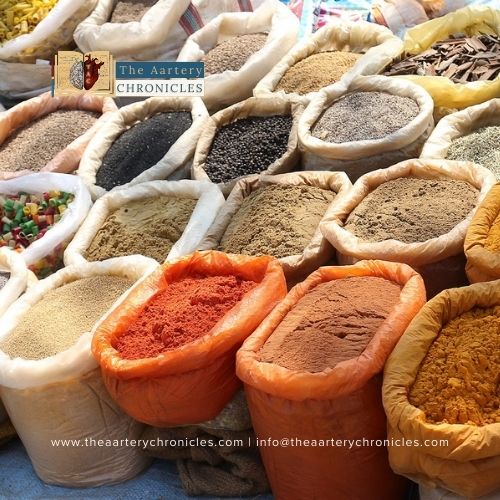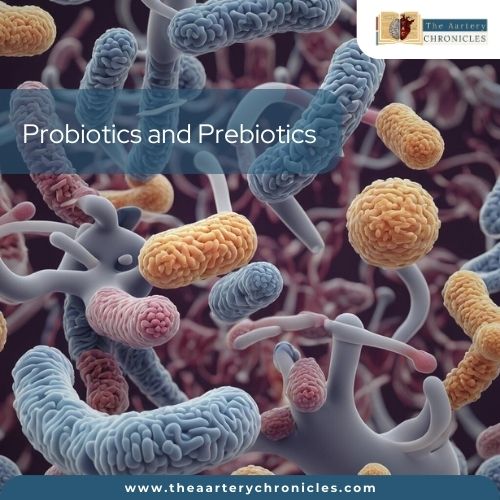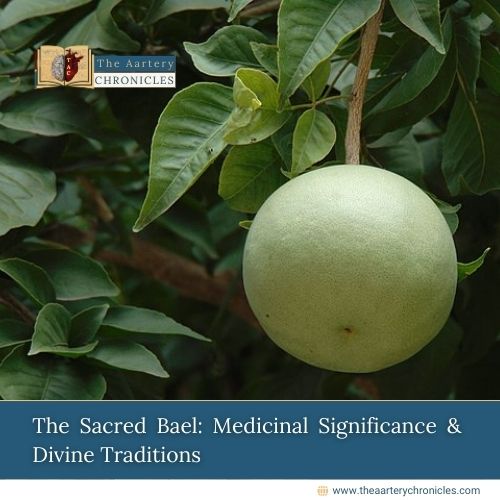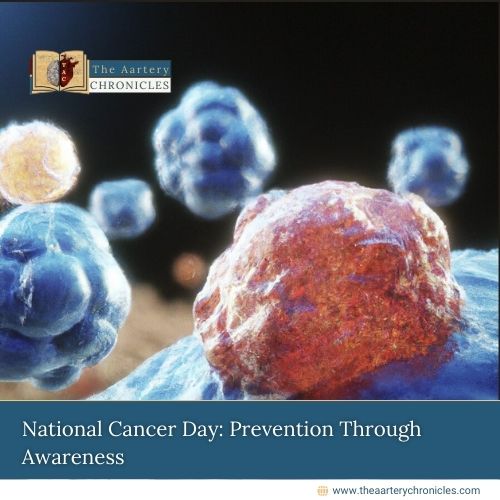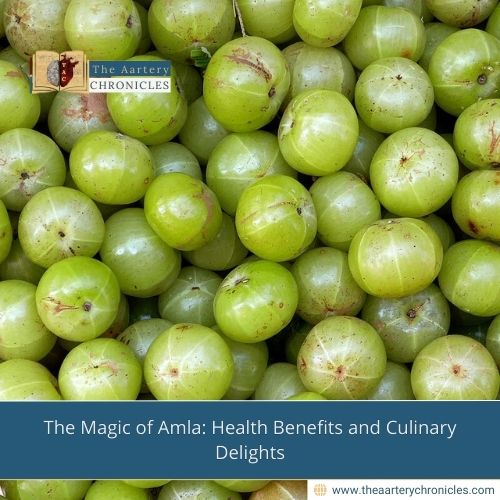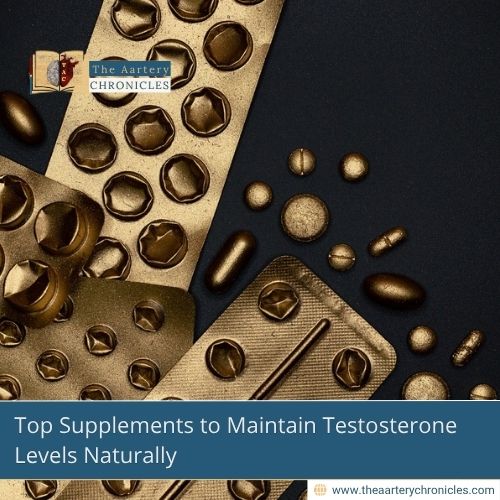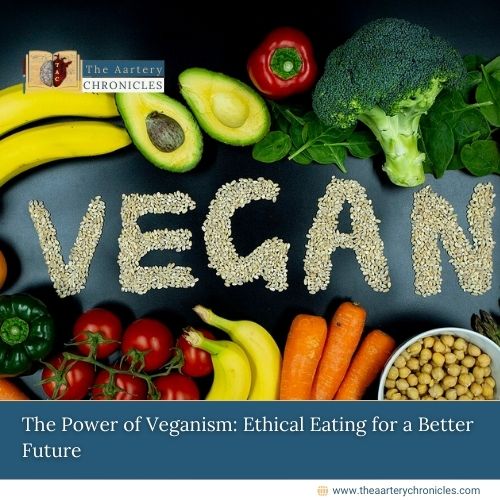
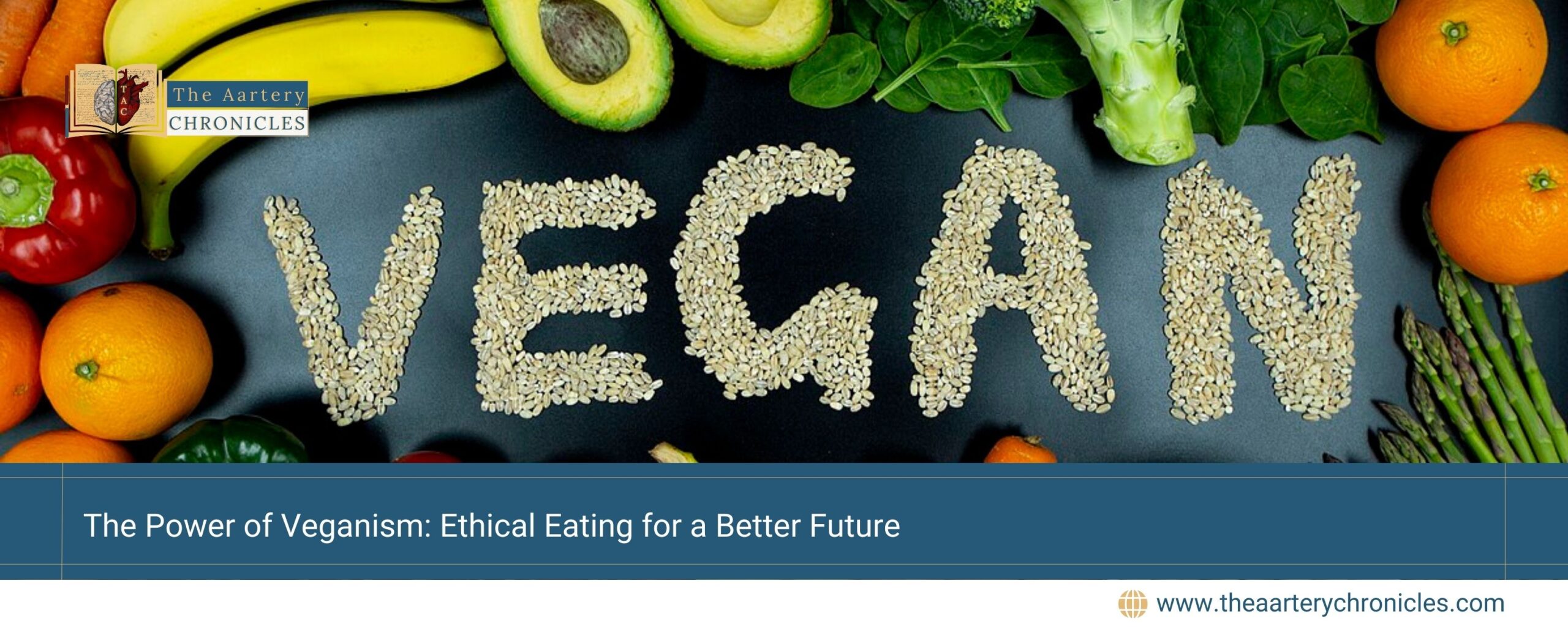
The Power of Veganism: Ethical Eating for a Better Future
Overview
“Veganism is a philosophy and way of living which seeks to exclude – as far as is possible and practicable- all forms of exploitation of, and cruelty to, animals for food, clothing, or any other purpose, and by extension, promotes the development and use of animal-free alternatives for the benefit of animals, humans, and the environment. In dietary terms it denotes the practice of dispensing with all products derived wholly or partly from animals” – as defined by the Vegan Society. This also includes not using of leather accessories, fur, silk, feathers, and cosmetics. The whole idea is not to use any products that are derived from the animal kingdom or by-products in which animals are used as guinea pigs.
The beginning of veganism
The term Vegan (taken from the word Vegetarian) was coined by Donald Watson, an advocate of British Animal Rights in 1944. The World Vegan Day originated on 01 November 1994 in commemoration of the 50th anniversary of the UK Vegan Society.
In Greece, strict vegetarianism was referred to as “abstinence from beings with a soul.” Pythagoras (570-495 BC) was a vegetarian who raised his voice against the ill-treatment of animals.
The Roman Poet Ovid (43BC-18AD) depicted Pythagoras as saying “Alas, what wickedness to swallow flesh into our own flesh, to fatten our greedy bodies by cramming in other bodies, to have one living creature fed by the death of another.” During the Lenten fasting period, the Greek Orthodox faith still requests its followers to follow a Vegan diet.
Thus, we can see that plant-based food has been around for ages. In prehistoric times, a plant-based diet was by followed the ancient humans who ate nuts, leaves, and fruits as available and present around them. It was only when there was a shortage of fruits, nuts, and leaves, that the prehistoric man turned to eating animal flesh.
Reasons for following a vegan diet
There are several reasons why people are switching over to a Vegan diet.
- Protection: To protect the animals from harm and premature death, to prevent the animals from suffering or living in deplorable conditions, to protect our wildlife so that it thrives, to educate the masses that killing/butchering animals for human needs is “so not cool”. In other words, “Live and let live”.
- Environment: To protect the environment and reduce the effects of drastic and unnatural climate changes, to protect natural resources, and to reduce carbon emissions and carbon footprints. Animal agriculture leads to greater greenhouse gas emissions thereby inducing climate change. A substantial portion of the earth’s resources like land, water, etc. are utilized for feeding animals as opposed to a plant-based diet, where natural resources are optimally used. Therefore, switching over to a plant-based or vegan diet will automatically save the earth’s resources from depleting more.
- Health: To make a healthy life for oneself and the planet. We are literally stuffing ourselves with unhealthy food that our digestive system has gone for a toss. This is paving the way for the advent of long-term illnesses, which can easily be prevented by turning vegan.
- Religion: To follow the teachings of their religious leaders. Indian philosophers like Lord Mahavir and Lord Buddha wanted that everyone should follow the path of non-violence towards other living beings. Some may switch to a vegan diet as per their religious beliefs.
The vegan diet: The Vegan Diet constitutes the following:
Over some time, certain side effects of caffeine consumption come to light. Caffeine intoxication is also known as “caffeinism” – a state where caffeine is consumed to toxic levels with the following side effects.
- Nuts: Nuts like peanuts, almonds, cashew nuts, and their butter i.e. peanut butter, almond butter, cashew butter
- Seeds: Seeds like sesame seeds and its butter, sunflower seeds and its butter, flaxseeds, hemp seeds, chia seeds
- Lentils: Red lentils, brown lentils, green lentils, chickpeas, split peas, black-eyed peas, black beans, white beans, kidney beans
- Whole grains: Whole grains like quinoa, whole wheat, whole oats, whole grain brown rice, whole grain wild rice, and their bye-products i.e. whole grain bread, crackers, and pasta
- Soy products: Soy products like fortified soy milk, soybeans, and its by-products like tofu, tempeh and natto
- Fruits: Fruits like apples, pears, bananas, berries, mango, pineapple, oranges, tangerines – either fresh, frozen, canned, dried, or pureed
- Starchy vegetables: Starchy vegetables like potatoes, sweet potatoes, corn, beets, turnips
- Non-starchy vegetables: Non-starchy vegetables like broccoli, cabbage, asparagus, radishes, and leafy green vegetables – either raw, frozen, canned, dried, or pureed
- Other plant-based food: Other plant-based foods like algae, nutritional yeast, fortified plant milk, yogurt, maple syrup
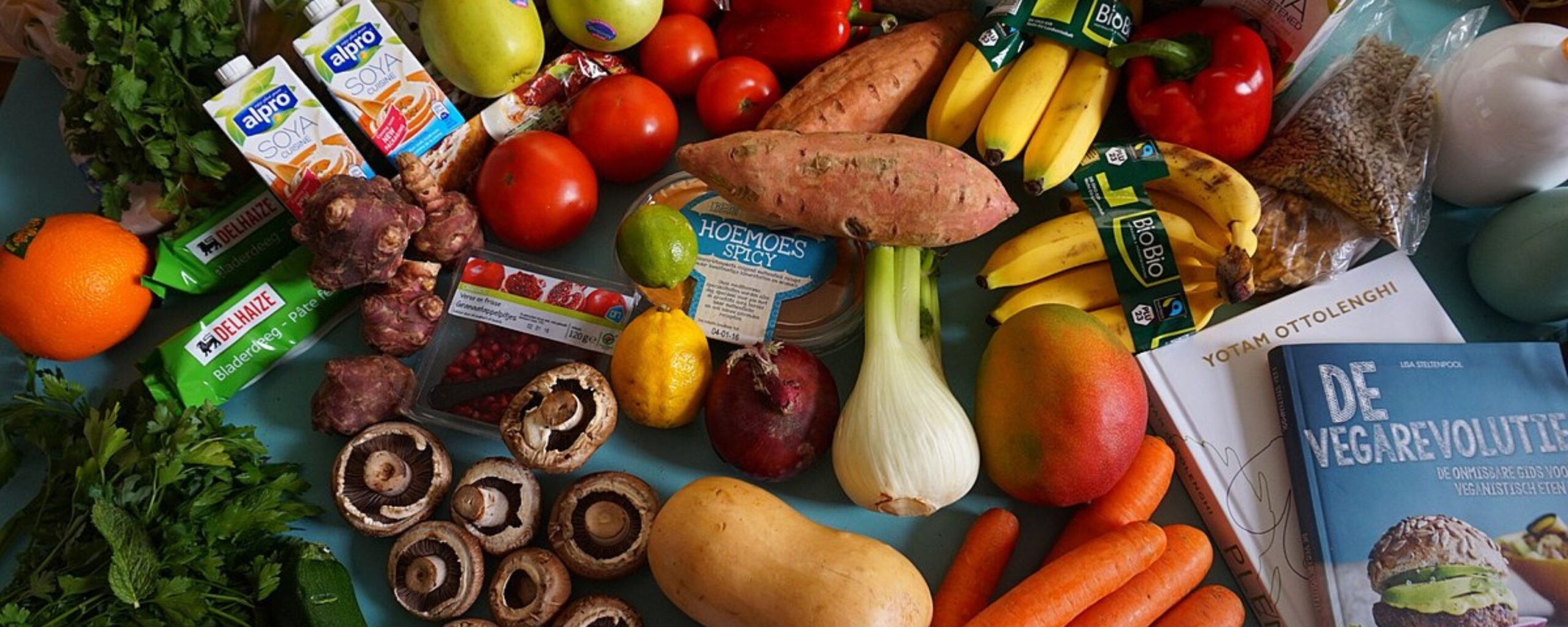
We must be consuming all or some of these foods without knowing that they are part of a vegan diet. Therefore converting to a fully vegan diet should not be difficult. You can easily substitute meat-based foods with seeds/beans/lentils/tofu /other options or you can switch over to almond milk or soy milk from dairy milk and milk products.
Vegans do not consume meat, fish, beef, chicken, duck, pork, turkey, ham, sardines, sausages, shellfish, eggs, bakery products that contain eggs, milk, cheese, butter, cream from dairy, honey, albumin, casein, carmine, gelatin, pepsin, shellac, isinglass, and whey or their by-products.
Vegans do not use silken clothes, woolen clothes, fur, or leather goods like handbags, purses, wallets, belts, etc.
Vegans do not advocate the use of cosmetics that are tested on animals.
The health benefits of a vegan diet
Following a vegan diet has numerous health benefits as:
- Weight loss: A vegan diet is good for weight loss, as we have omitted fatty, spicy, oily food with healthier vegan alternatives.
- Cardiac health: A vegan diet helps lower cholesterol levels thereby reducing the chances of cardiac diseases.
- Reduces risks of cancer: A vegan diet may also alleviate the risk of contracting cancers like prostate cancer, breast cancer, stomach cancer, and colon cancer. We are abstaining from eating meat and processed meat which pose cancer-causing risks, thereby reducing the risks of contracting cancer.
- Diabetes management: A vegan diet lowers our A1C levels thereby helping to manage diabetes as our insulin sensitivity increases and our blood sugar levels are easily managed.
- Pain relief: A vegan diet may improve symptoms of pain /swelling of joints/morning stiffness associated with rheumatoid arthritis, but research is underway for conclusive results.
- Prevents overeating: A vegan diet can be eaten in small portions throughout the day at regular intervals of time, thereby keeping us satiated and reducing the chances of over-eating.
- Discipline: A vegan diet has a limited variety of options and we know that other than these, we are not supposed to eat anything else. It builds up our willpower and we become more disciplined in our eating habits and eat healthier.
- Healthier eating: A vegan diet promotes healthier eating habits. We are avoiding foods that cause diseases and are unhealthy for us by making healthy choices. The vegan diet is rich in antioxidant-whole foods that make us healthier.
Nutrients essential with a vegan diet
Care should be taken to include the following essential nutrients in your Vegan Diet, as you have cut down on certain foods that provide these to your body.
- Proteins: You can fortify your proteins by consuming Soy products like tofu and edamame, seitan – made of gluten, chickpeas, lentils, and nutritional yeast.
- Vitamin B12: You can get your dose of Vitamin B12 by consuming fortified cereal, fortified rice, and soy drinks. You can also take Vitamin B12 supplements.
- Fatty acids: Certain fatty acids are essential for healthy brain and cognitive functions. You can get them from whole grains, leafy green vegetables like kale, spinach, and collards, and unsalted nuts like almonds, pistachios, or walnuts.
- Iron: You can get your Iron from black-eyed peas, tofu, dried fruits, and fruits.
- Vitamin D: You can get your Vitamin D from sunlight exposure for 10-15 minutes daily as well as from fortified orange -juice and soy.
All in all, a vegan diet is just what the nutritionist ordered. As we age gracefully, we need to make conscious food choices. What better than a vegan diet, that will keep us healthier in our prime? Given the schedule of our lives and the associated stress, we need to be mindful of our health. No point in falling ill knowingly when you have the chance to take the road less traveled – switching to a vegan diet!
Care
Always consult your nutritionist/dietician/medical practitioner before following a vegan diet. Blood tests to check for allergies should be carried out, so as to plan out your vegan diet charts. Get regular health checkups. Do not turn vegan just because everyone is doing so. Do it only if you feel confident about the changes it will bring to your life. If you change to a vegan diet but do not follow it diligently, there is no point in it.
To conclude, I reiterate, that a healthy balanced vegan diet, sound sleep, good exercise, adequate hydration, mindfulness, and stress management – all together make a healthy person. So, choose life, choose health, and go Vegan! Save the environment, save the animals, save all living beings. 😊



